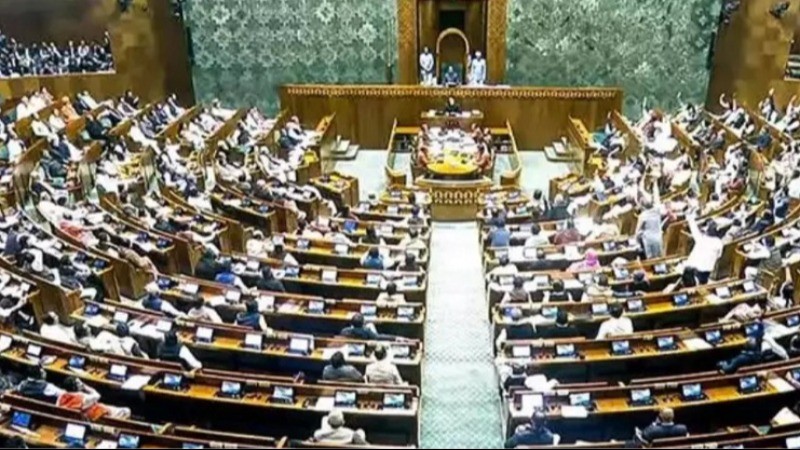
New Delhi: The Joint Parliamentary Committee (JPC) is set to meet on January 8 next year to deliberate on the controversial 'One Nation, One Election' proposal. This policy aims to synchronize elections for the Lok Sabha and state assemblies across India, sparking widespread debate over its implications for the federal structure and democratic processes.
Opposition Voices Strong Concerns
Left parties have voiced their strong opposition to the initiative, calling it a direct attack on India's federal structure and the autonomy of state legislatures. Leaders from the Communist Party of India (CPI), Communist Party of India (Marxist), Communist Party of India (Marxist-Leninist) Liberation, Revolutionary Socialist Party, and All India Forward Bloc convened in New Delhi to discuss the political ramifications of the proposal.
In a joint statement, these parties emphasized that the proposed constitutional amendments would centralize power, undermine the will of the people, and shorten the five-year term of legislatures arbitrarily. They argued that such changes threaten the foundational democratic principles of the country.
Bill Under Review by a 31-Member JPC
The bill has been referred to a 31-member JPC for detailed scrutiny. This committee includes 21 members from the Lok Sabha, featuring prominent leaders such as Priyanka Gandhi Vadra, Manish Tewari from Congress, Supriya Sule from NCP, Kalyan Banerjee from TMC, and BJP members PP Chaudhary, Bansuri Swaraj, and Anurag Singh Thakur.
The primary objective of the committee is to assess the feasibility and impact of holding simultaneous elections nationwide. Proponents argue that it would streamline the electoral process, reduce costs, and enhance administrative efficiency.
Opposition Fears of Centralization
Opposition leaders have raised concerns that the 'One Nation, One Election' system could disproportionately favor the ruling party at the Centre. They warn that such centralization might diminish the influence of regional parties and curtail the autonomy of state governments, fundamentally altering India's political landscape.
Key Takeaways
The upcoming JPC meeting will be critical in shaping the future of this contentious proposal. While supporters highlight its potential benefits, opposition parties continue to rally against what they see as a threat to India's federal framework. As the debate unfolds, the nation awaits a balanced and democratic resolution to this pressing issue.